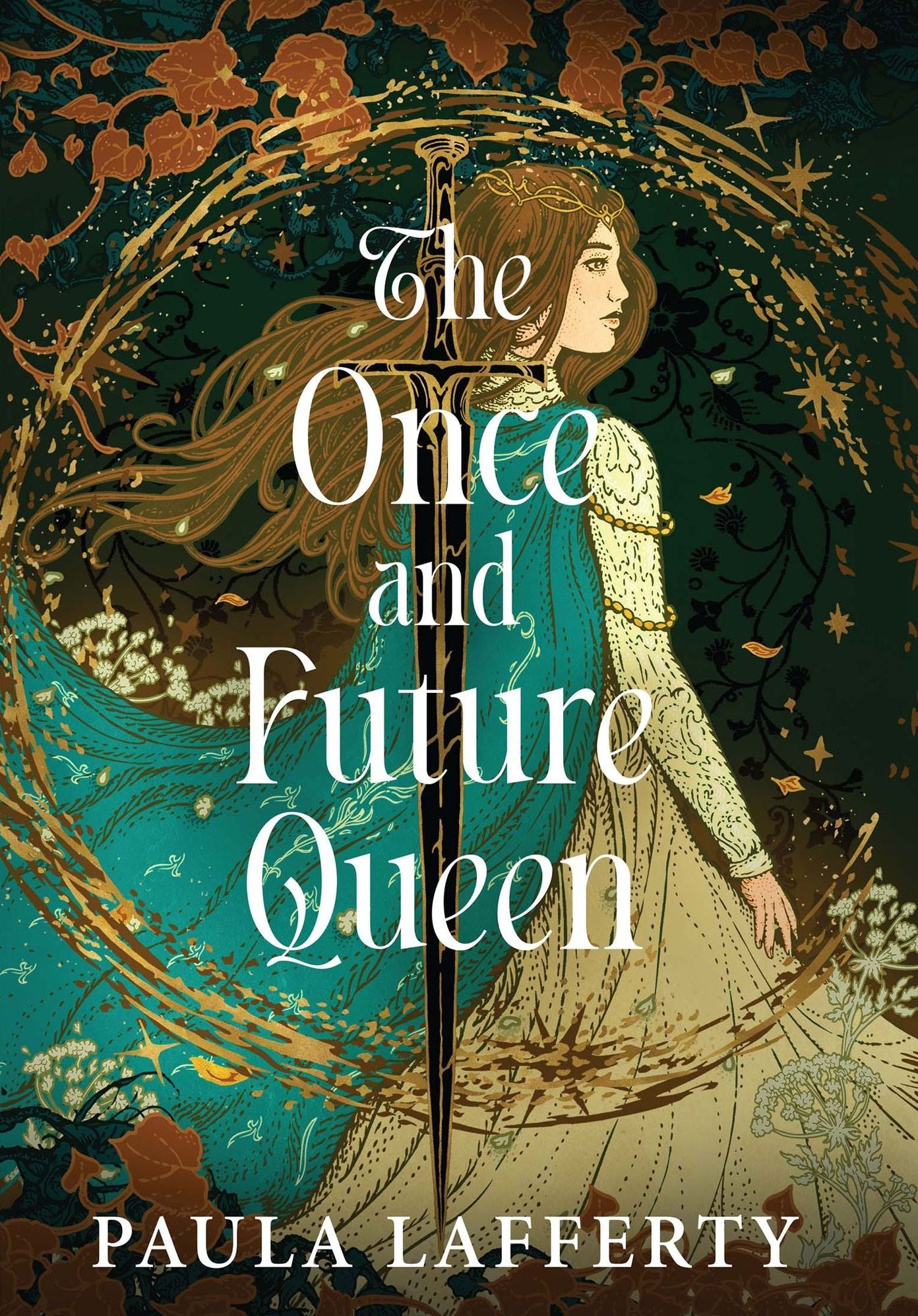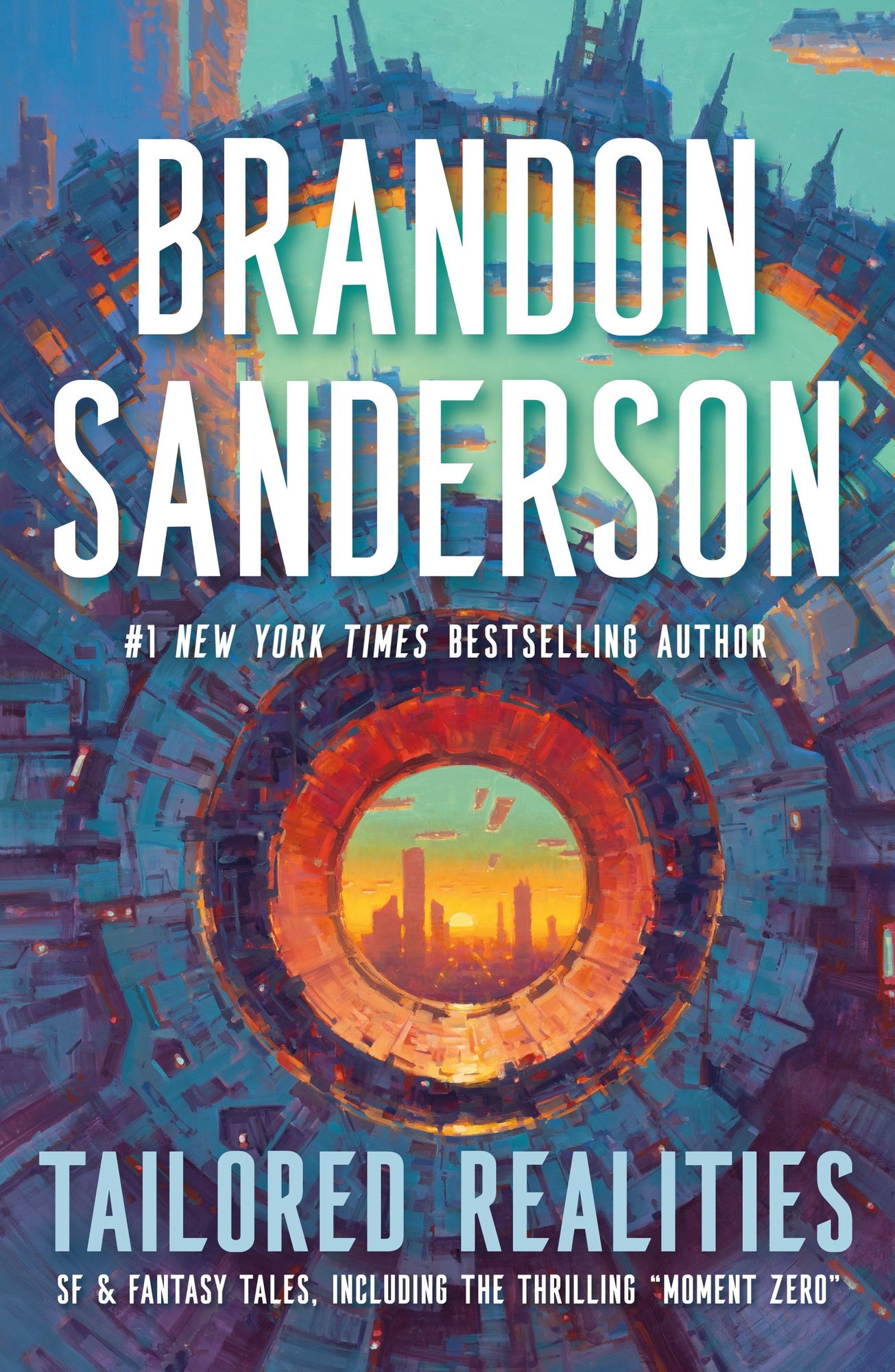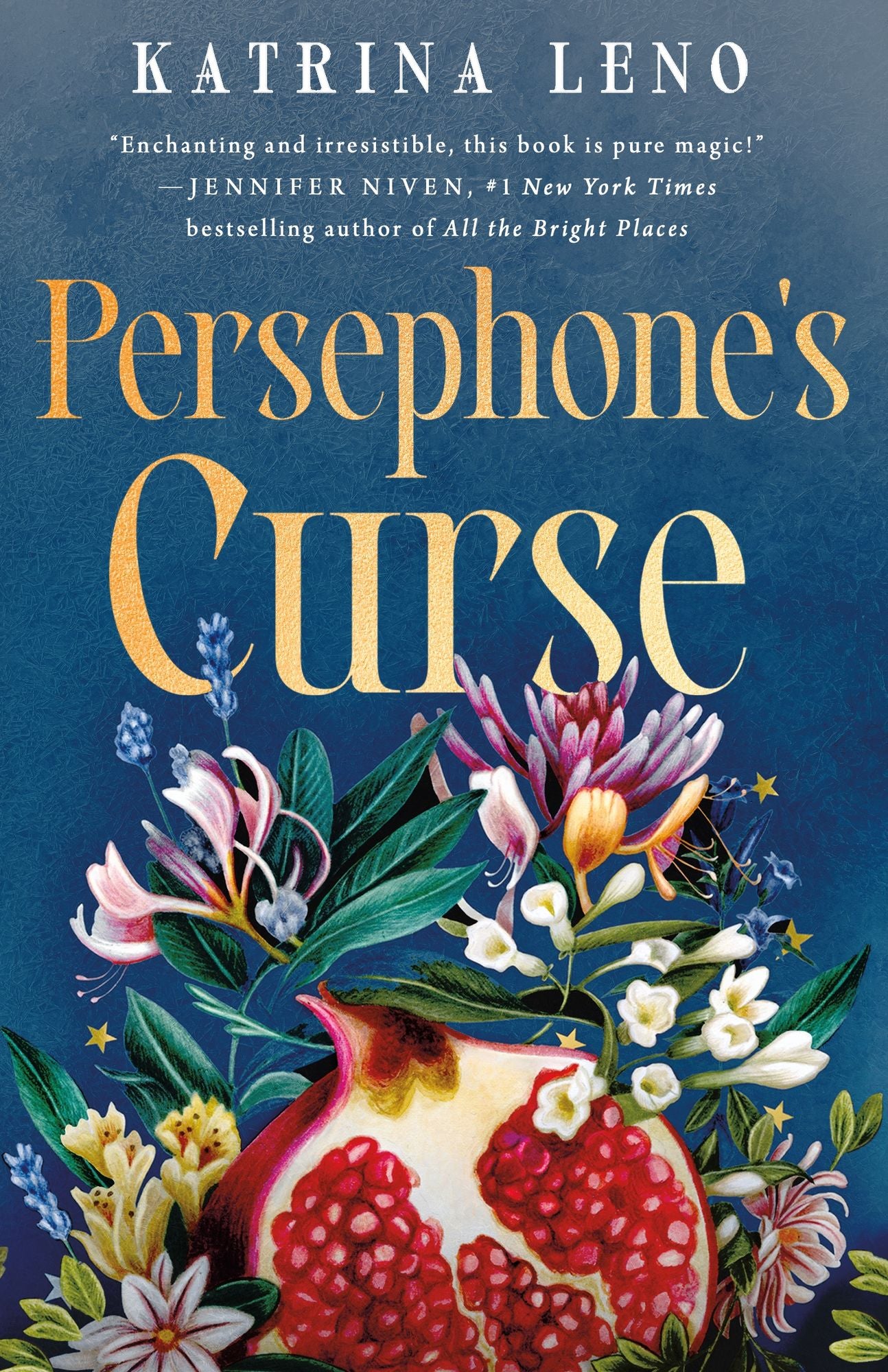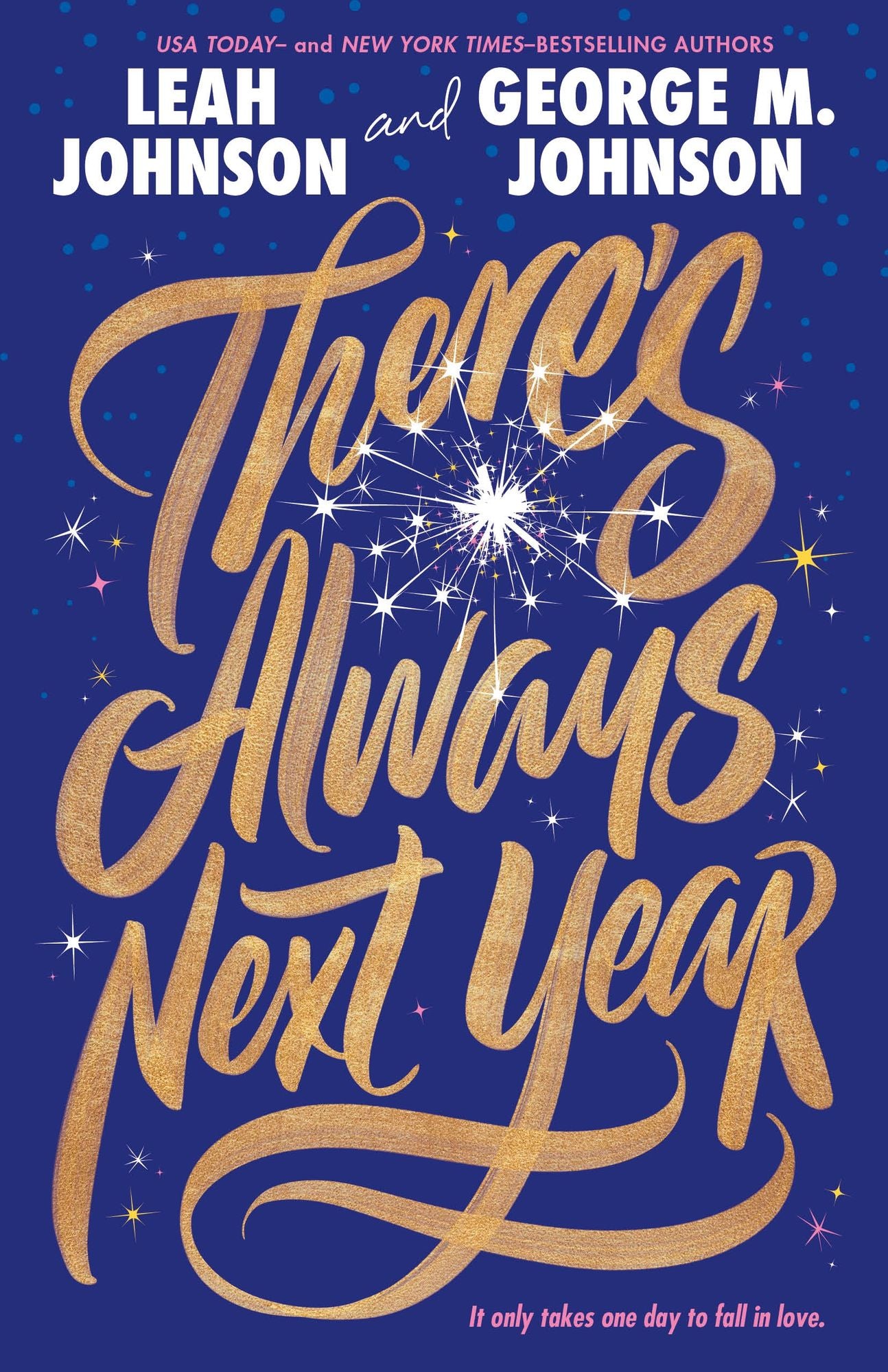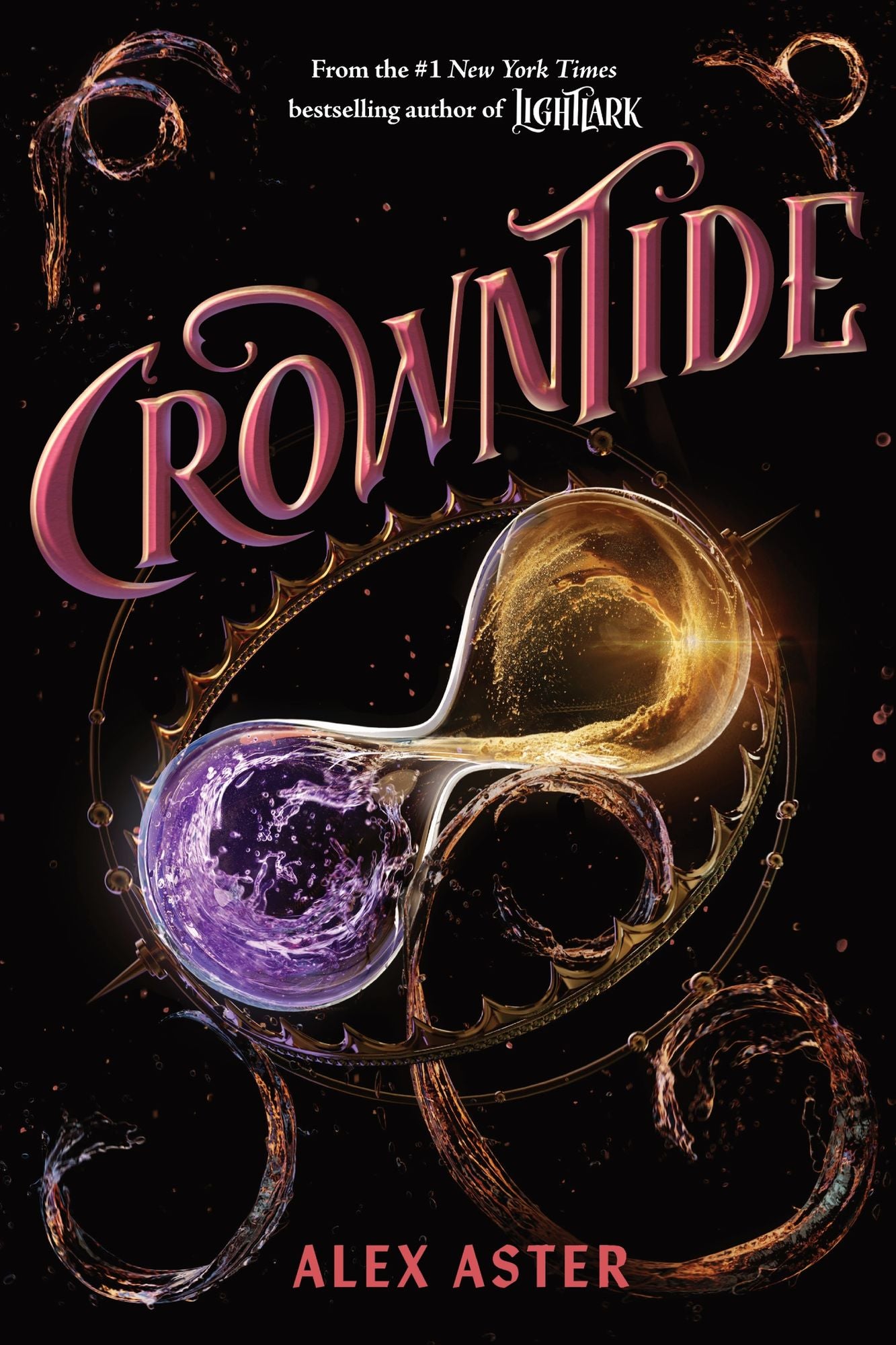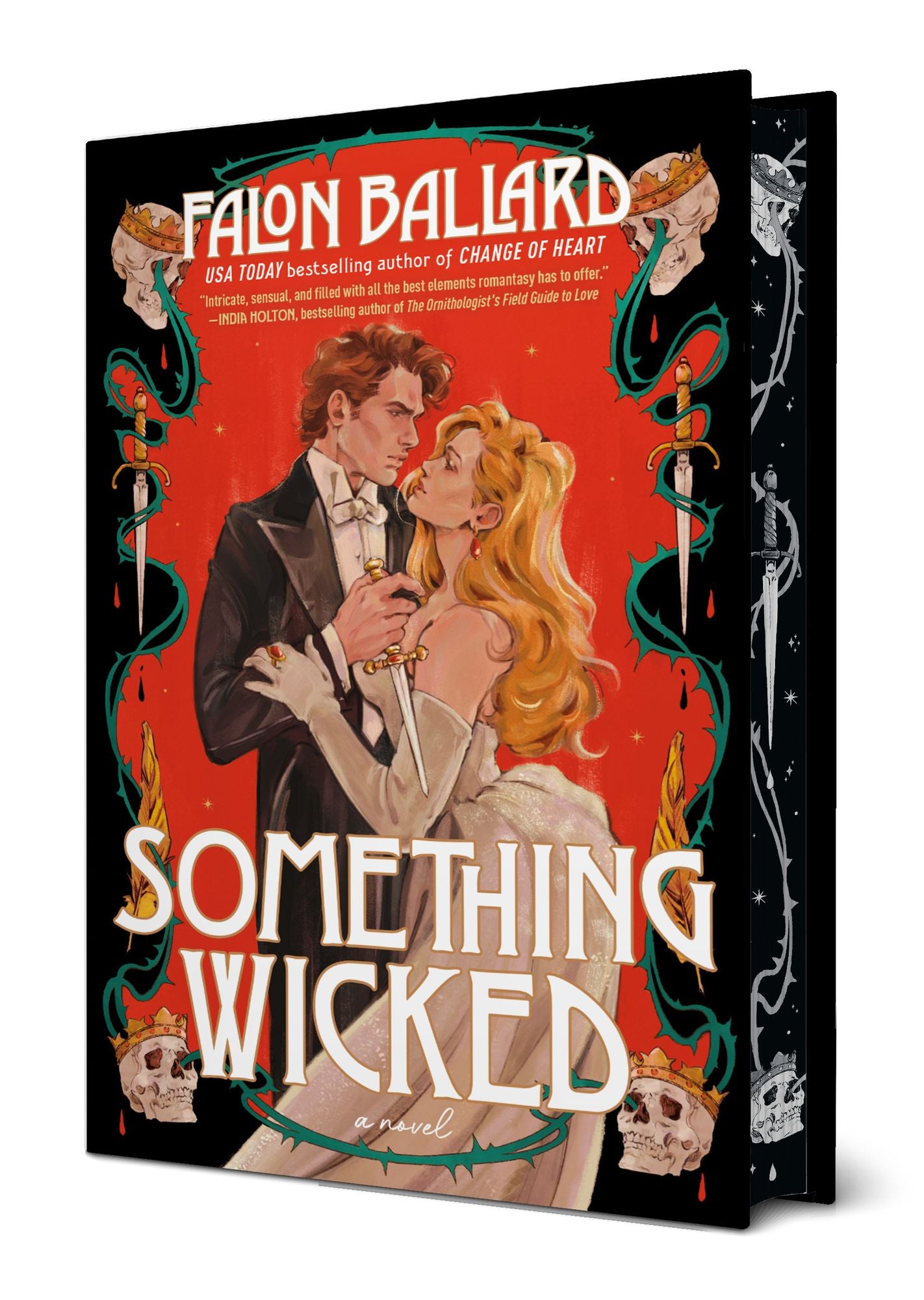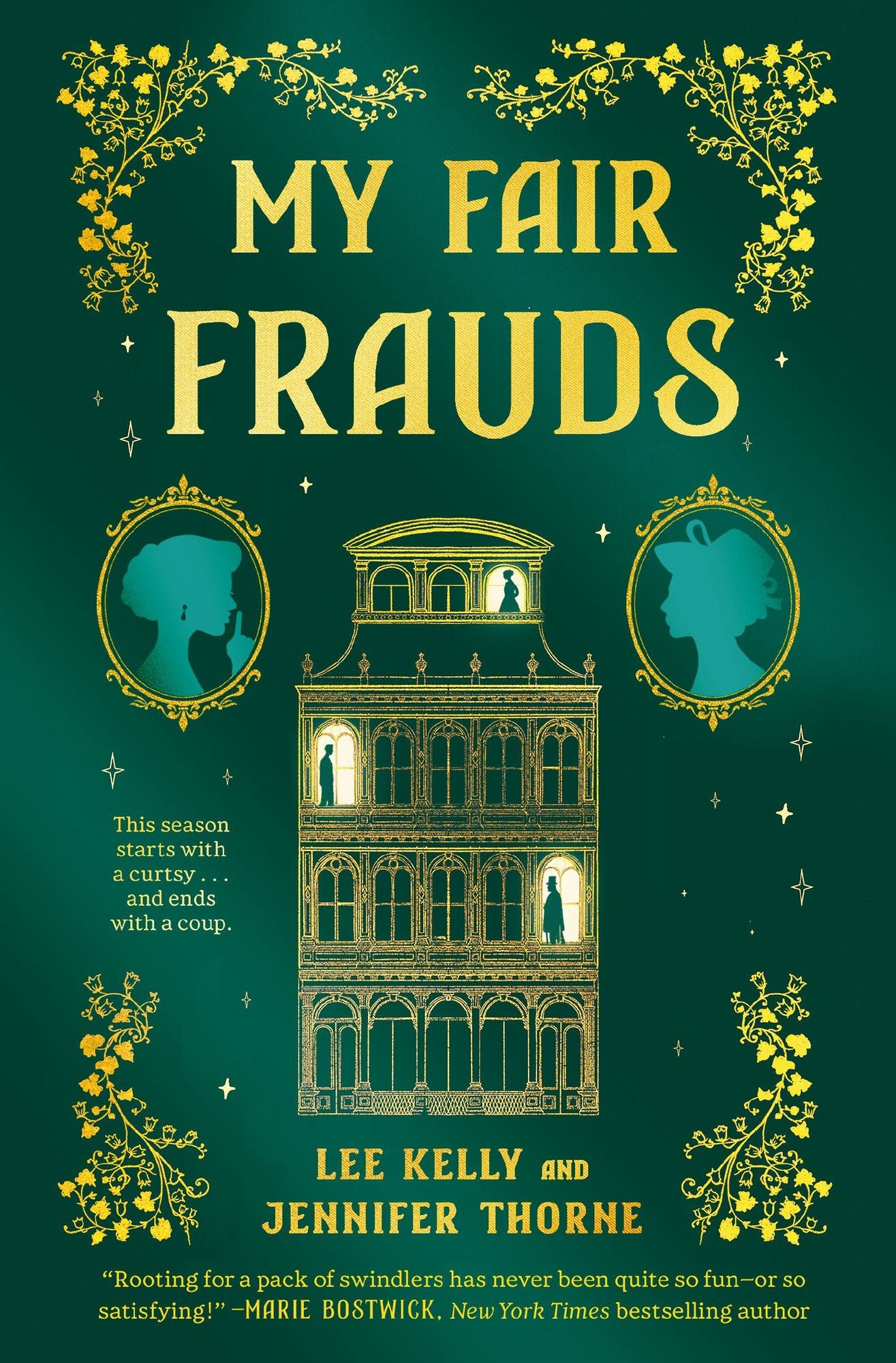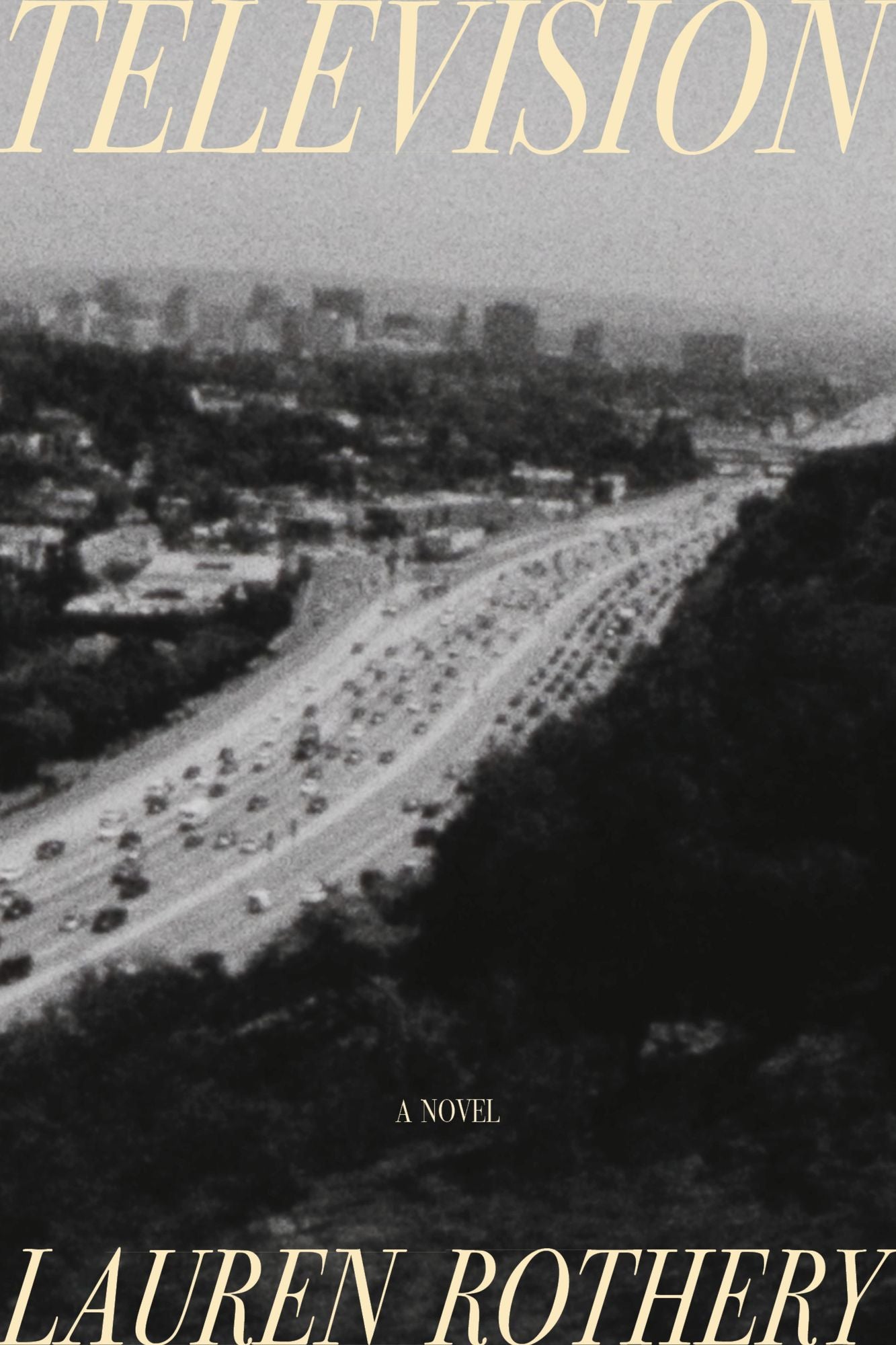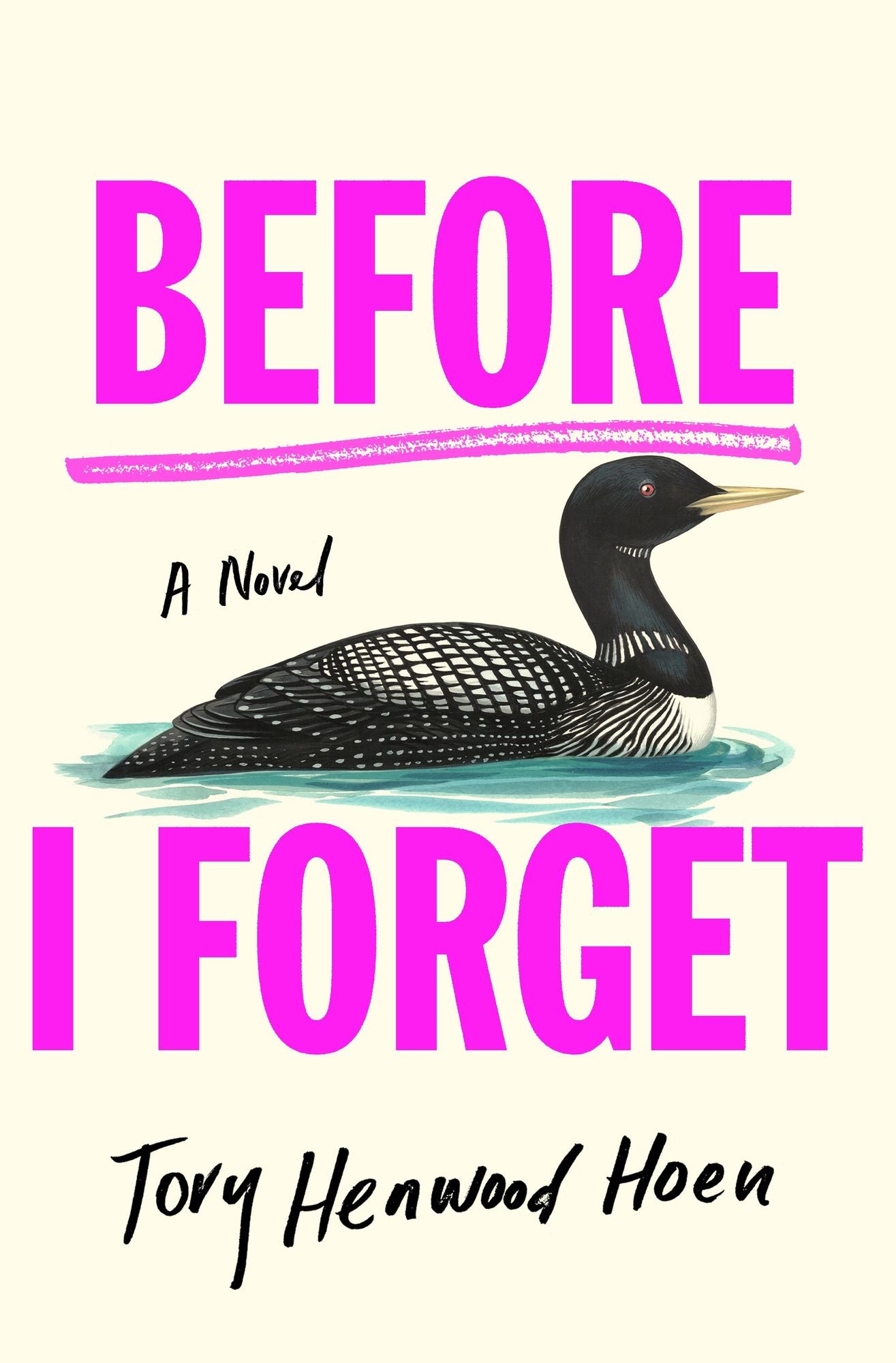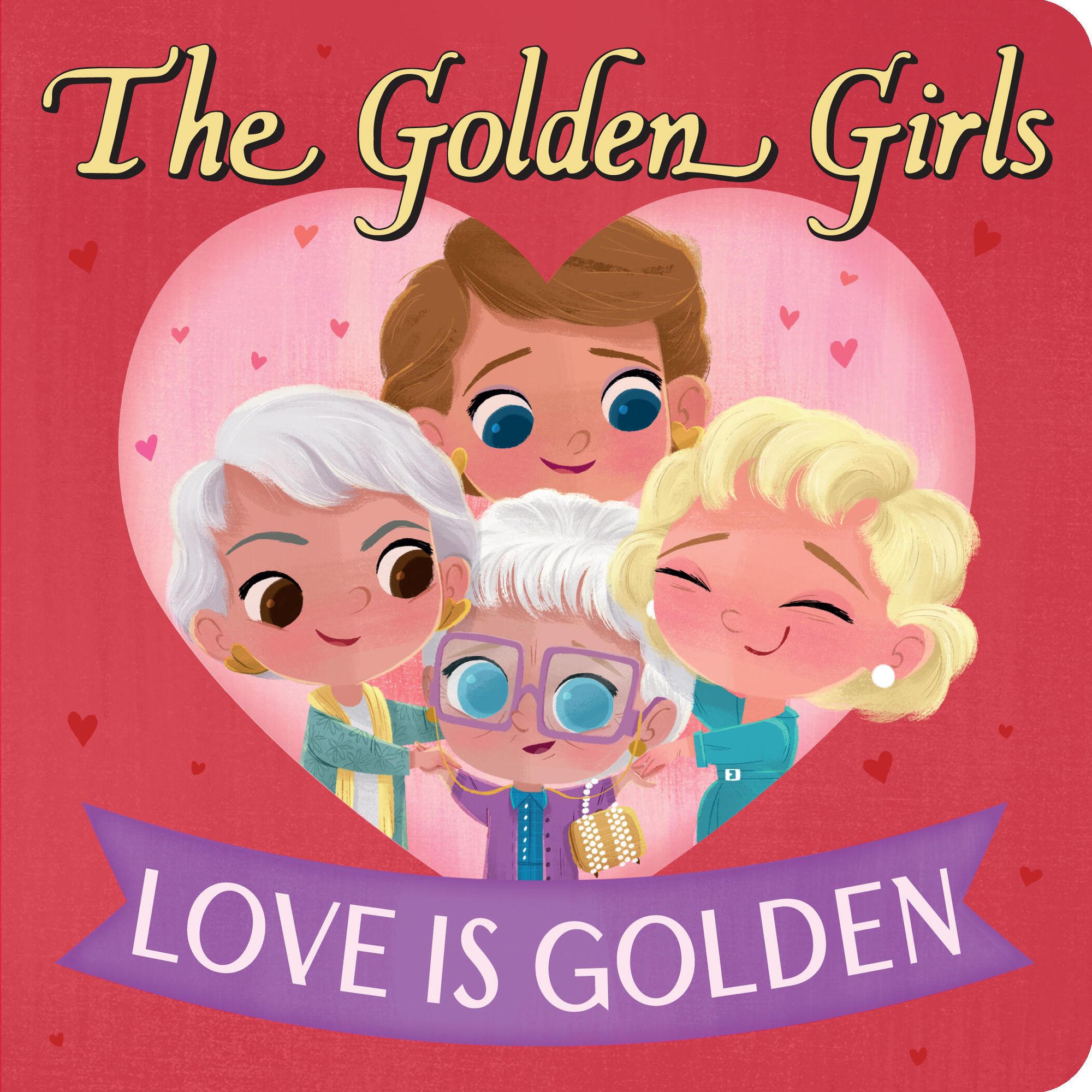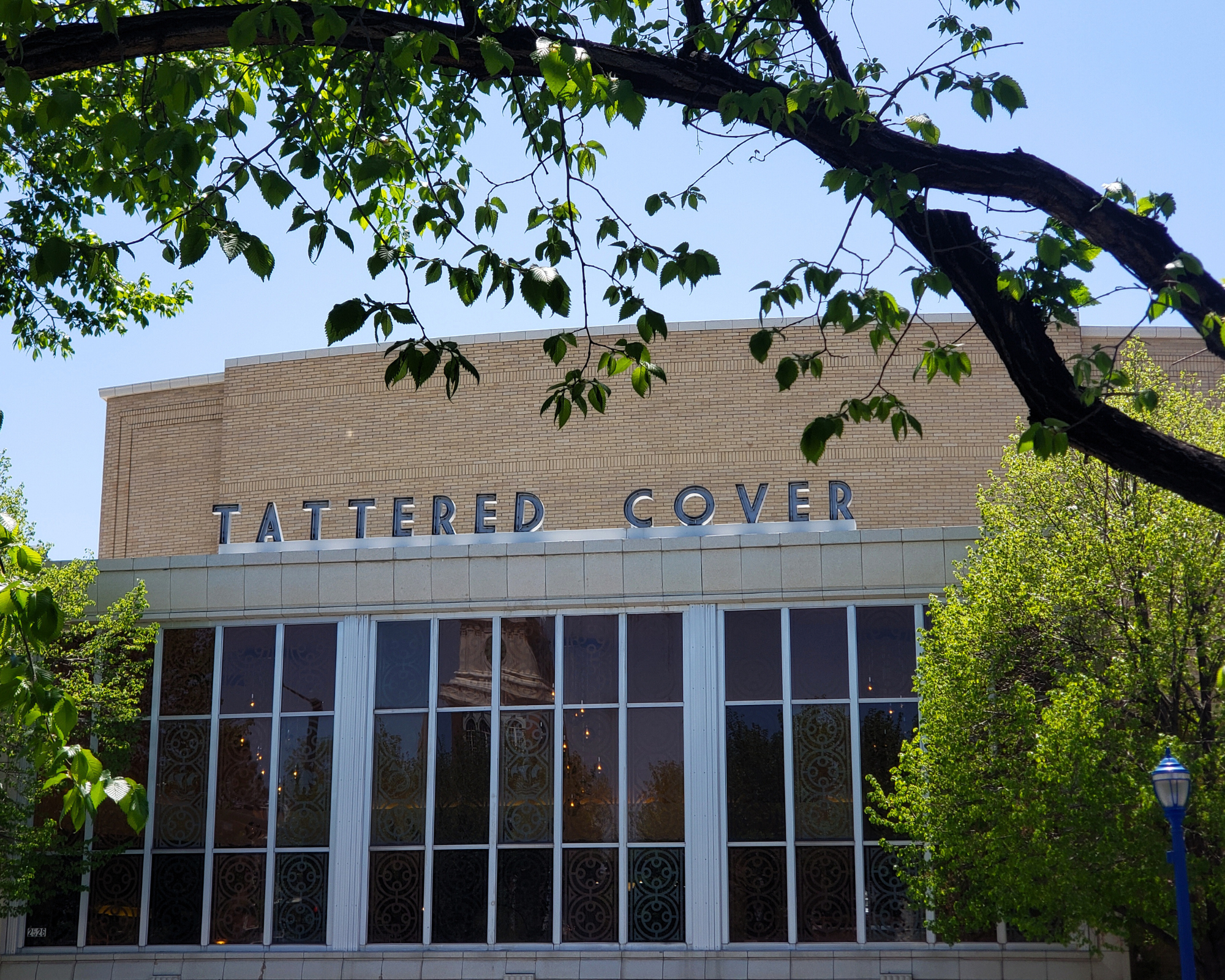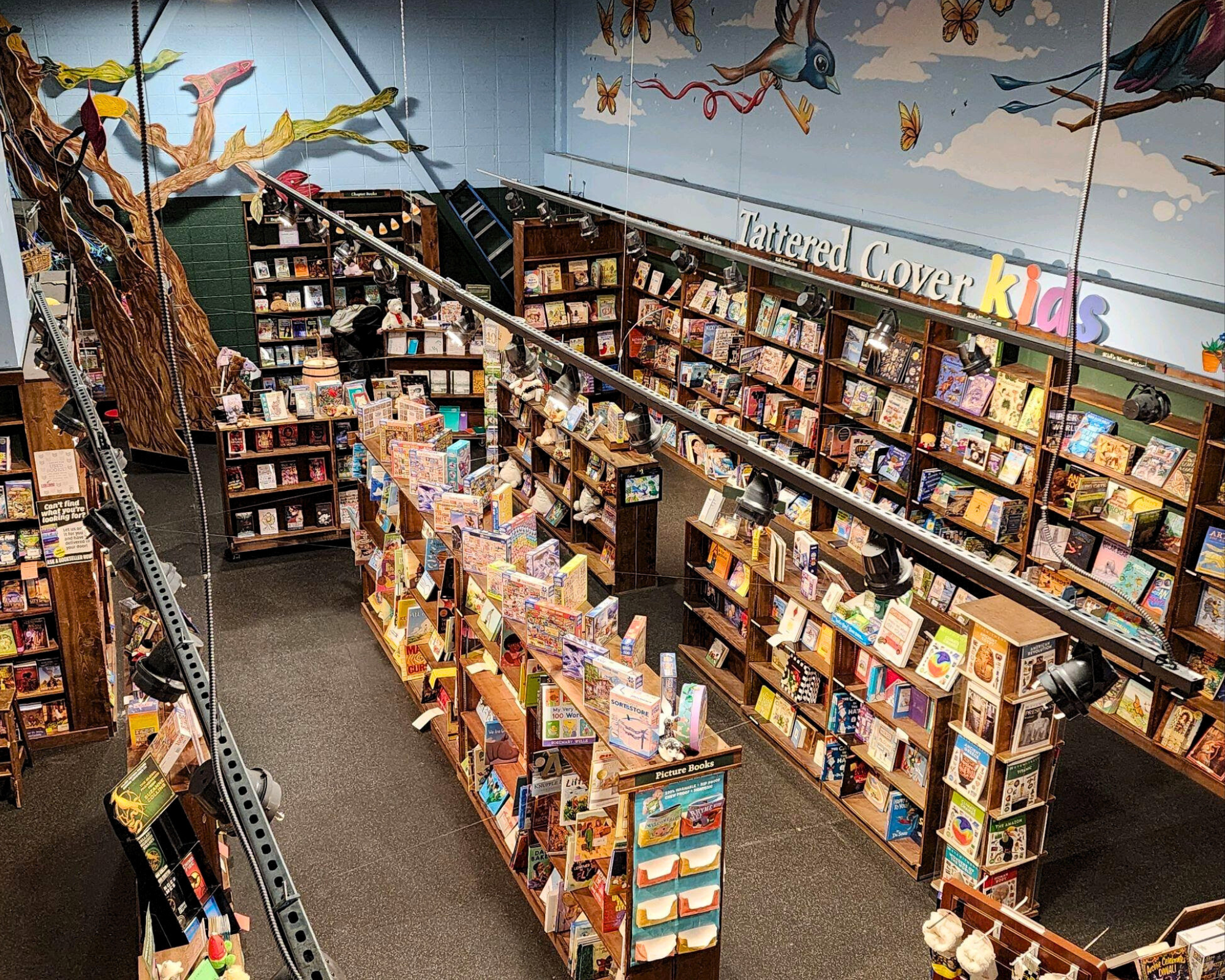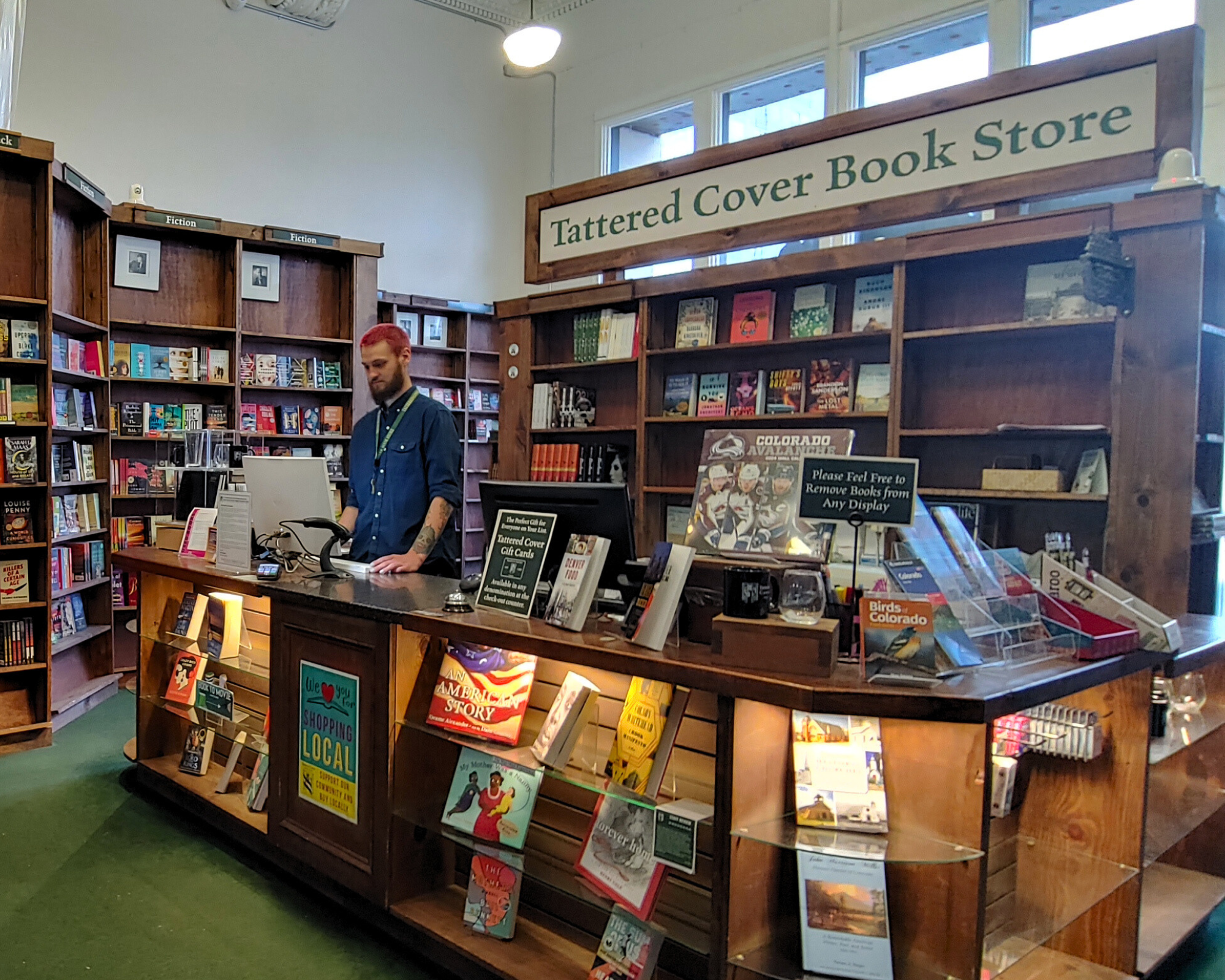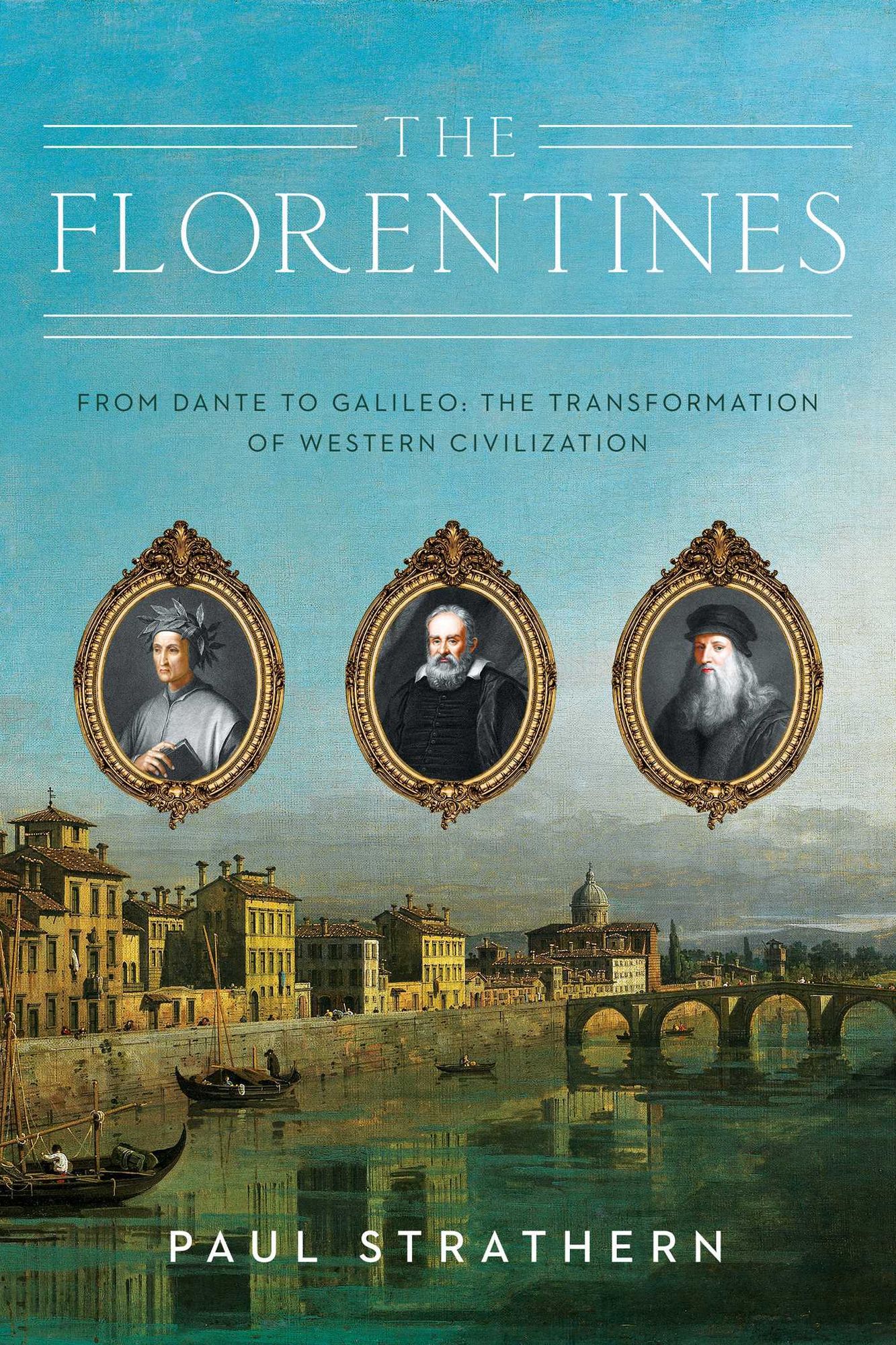
The Florentines: From Dante to Galileo: The Transformation of Western Civilization
Format: Paperback
ISBN: 9781639362134
Publication Date: 06/14/2022
A sweeping and magisterial four-hundred-year history of both the city and the people who gave birth to the Renaissance.
Between the birth of Dante in 1265 and the death of Galileo in 1642, something happened that transformed the entire culture of western civilization. Painting, sculpture, and architecture would all visibly change in such a striking fashion that there could be no going back on what had taken place. Likewise, the thought and self-conception of humanity would take on a completely new aspect. Sciences would be born—or emerge in an entirely new guise.
The ideas that broke this mold began, and continued to flourish, in the city of Florence in northern central Italy. These ideas, which placed an increasing emphasis on the development of our common humanity—rather than other-worldly spirituality—coalesced in what came to be known as humanism. This philosophy and its new ideas would eventually spread across Italy, yet wherever they took hold they would retain an element essential to their origin. And as they spread further across Europe, this element would remain.
Transformations of human culture throughout western history have remained indelibly stamped by their origins. The Reformation would always retain something of central and northern Germany. The Industrial Revolution soon outgrew its British origins, yet also retained something of its original template. Closer to the present, the IT revolution that began in Silicon Valley remains indelibly colored by its Californian origins. Paul Strathern shows how Florence, and the Florentines themselves, played a similarly unique and transformative role in the Renaissance.
Between the birth of Dante in 1265 and the death of Galileo in 1642, something happened that transformed the entire culture of western civilization. Painting, sculpture, and architecture would all visibly change in such a striking fashion that there could be no going back on what had taken place. Likewise, the thought and self-conception of humanity would take on a completely new aspect. Sciences would be born—or emerge in an entirely new guise.
The ideas that broke this mold began, and continued to flourish, in the city of Florence in northern central Italy. These ideas, which placed an increasing emphasis on the development of our common humanity—rather than other-worldly spirituality—coalesced in what came to be known as humanism. This philosophy and its new ideas would eventually spread across Italy, yet wherever they took hold they would retain an element essential to their origin. And as they spread further across Europe, this element would remain.
Transformations of human culture throughout western history have remained indelibly stamped by their origins. The Reformation would always retain something of central and northern Germany. The Industrial Revolution soon outgrew its British origins, yet also retained something of its original template. Closer to the present, the IT revolution that began in Silicon Valley remains indelibly colored by its Californian origins. Paul Strathern shows how Florence, and the Florentines themselves, played a similarly unique and transformative role in the Renaissance.
Choose options

